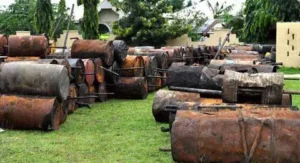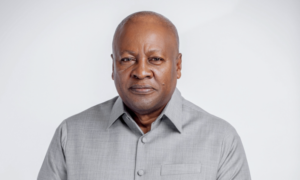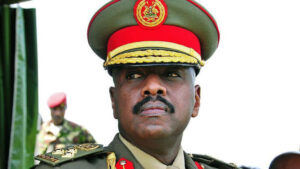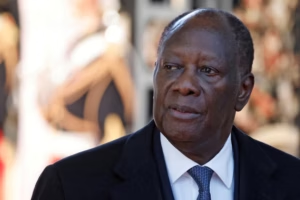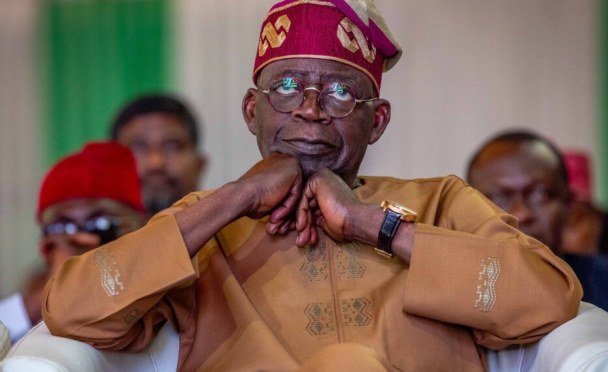
Harsh economic realities confronted Nigeria’s President Bola Tinubu when he took the oath of office in 29 May: fiscal deficits ballooning to $20 billion; over 95% of government revenues used to service debts; inflation at 22% and rising to a two-decade high; while growth rumbles along at less than the pace of population growth and half of the country’s youth are looking for work.
From the start of his campaign, Tinubu’s team of advisors had been working on a thorough economic revamp.
In their sights was outgoing President Muhammadu Buhari’s fuel subsidies, his complex system of multiple exchange rates and centralized control of electricity generation in the 36 states. Tinubu ended all those in his first week in power to a deafening silence from Buhari and his defenders.
Former central bank governor Godwin Emefiele, who ran the much-abused multiple exchange rate system, hasn’t been unable to answer back. He has been in detention for the past three weeks.Yet the headlines about the most radical and rapid reforms in the country’s economy are just the start of the story. Can the government follow up with much-needed policies to encourage productive investment and stem the tide of illicit financial flows and grand corruption which are costing Nigeria over $20bn a year?
